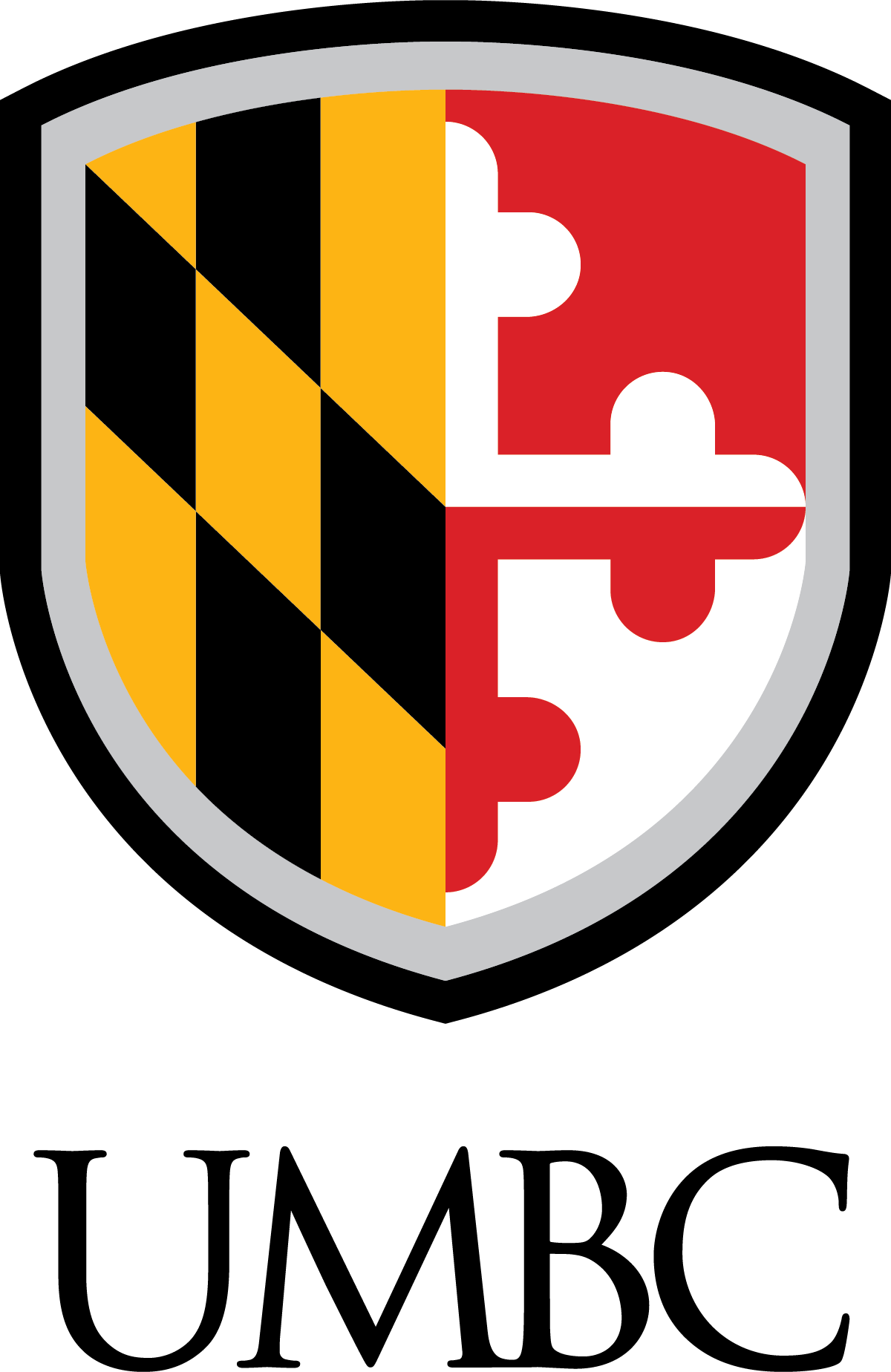Ever since I was a little girl, I’ve always been asking questions. I’m sure it annoyed my parents, having to constantly try to answer my queries about how things worked, why things are the way they are. But they indulged me, feeding my curiosity and encouraging my academics. When I reached middle school, I began to struggle with severe migraines and mental health issues that greatly disrupted my life. Science was a retreat for me, and I read what I could about my own conditions. When the time came for college, I knew that I wanted to use my love of learning to try and solve some of the unanswerable questions I had been confronted with.
In search of answers, I entered college as a biochemistry major with a plan to continue to graduate school and become a neuroscience researcher. As much as I enjoyed what I was learning, something felt off. It wasn’t until I took a break during the first year of the COVID-19 pandemic that I understood that academia wasn’t a good fit for me. Reflecting on where I would aim myself next, I remembered that in addition to research I’ve also always loved story-telling. Whenever I learned something particularly fascinating in my classes, I was always eager to share that with my friends and family. It became obvious that what I really wanted to do was science communication. And incredibly, the Individualized Studies Department at UMBC was just starting a new major that was exactly what I needed. With the Multidisciplinary Degree, I have been able to take writing classes to help hone my skills in preparation for my new career path. I still carry with me my particular interest in psychology and neuroscience, and hope to be able to focus on those fields.
As I began to pay more attention to science writing, I became more aware of the great need for clear, compelling science communication. Many of the most pressing issues that we as a nation and a species, such as climate change and the ongoing pandemic, are scientific issues. Many scientific discoveries get mistranslated and leave the general public with a false understanding of the world around them. I also feel that a lot of science communication leaves out the political aspects, which in my opinion is a grave mistake. Nothing happens in a vacuum, and it does readers or listeners a great disservice to leave out crucial aspects of the story. For example,Only when we have all the information are we able to make informed decisions, and as we rapidly approach a major crisis point, I believe that good science communication, combining a deep understanding of the material with compelling story-telling, is becoming evermore essential.
